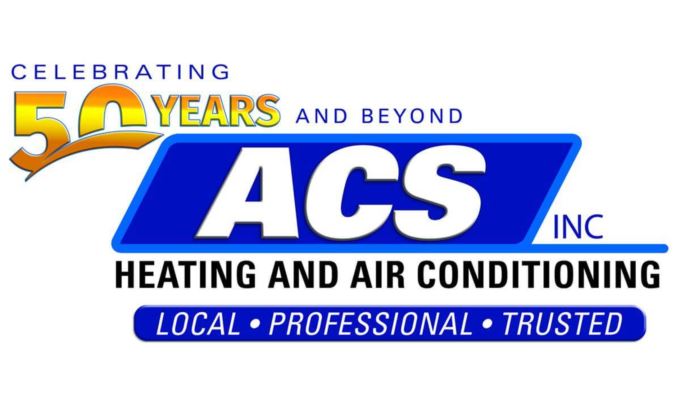
If you’re questioning whether your Tucker residence has poor indoor air quality (IAQ), it probably does.
We are indoors a lot. As a matter of fact, we’re in a building up to 90% of the time, according to the U.S. Environmental Protection Agency. And the air inside homes could be 2–5 times more polluted than outdoors, which might create long-term health problems.
Most Common Origins of Bad IAQ
We’ve compiled a list of the most ordinary origins of bad IAQ, the problems they create and how you can take care of these indoor air pollutants. If you’re worried about the air inside your house, we advise talking with a specialist like ACS Heating and Air Conditioning about which options are ideal for your family.
Volatile Organic Compounds
Volatile organic compounds, or VOCs, are fumes released by everyday household items.
They’re found in paint and stains in addition to:
- Furniture
- Carpet
- Building materials
- Cleaning products
- Cosmetics
- Air fresheners
- Candles
When these chemicals accumulate inside, they can irritate your eyes, nose and throat. They may also result in headaches and nausea. Regardless of whether your residence is in a rural or industrial area, an EPA study found indoor levels of these pollutants can be 2–5 times higher than the air outside.
Always use the manufacturer’s directions when applying paint or spraying cleaning products. Cracking a window can help fumes disperse faster.
Air purification systems can also help. This unit partners with your heating and cooling unit to clean indoor air. When seeking a system, ensure it’s specifically made to eliminate VOCs.
Dust and Pet Dander
Dust and pet dander can irritate health problems like asthma and allergies, especially when it constantly gets recirculated by your house’s comfort unit. While you can vacuum more routinely and get an improved air filter, an air filtration system could be a better match.
This unit hooks to your comfort equipment to give powerful filtration. Some kinds provide hospital-level filtration for eliminating particles and bioaerosols.
Lasting Odors
Modern residences are closely sealed to increase energy efficiency. While this is fantastic for your energy expenses, it’s not ideal for your IAQ.
Stuffy odors can stick around for a greater amount of time because your house is pulling in reduced fresh air. Since keeping your windows open all year-round isn’t a possibility, here are two methods you can make your indoor air smell fresher.
An air purification system is installed in your ducts to eliminate odors before they get released again. Search for one with a carbon filter and the ability to eliminate dangerous VOCs. These units can also help keep your loved ones healthy by getting rid of most bacteria and normal allergy triggers like pollen and mold spores.
A ventilation system pulls out stuffy indoor air and replaces it with clean outdoor air. There are two kinds of systems (heat recovery and energy recovery), so check with our professionals for more information on which type is ideal for your house.
Uneven Humidity
It’s essential your residence’s humidity keeps even. Air that’s too moist can create mold, while dry air can cause respiratory issues.
Our professionals suggest 40–50% for the best comfort. To keep yours even, think over getting a whole-home humidifier or whole-home dehumidifier with your HVAC unit.
Instead of having to pull a humidifier from room to room, this solution delivers even humidity across your house.
Carbon Monoxide
Carbon monoxide is colorless gas you can’t smell. It’s a byproduct of insufficient combustion in fuel-burning equipment, like gas heating systems, water heaters or fireplaces.
It presents a severe health risk. In low levels, it can lead to flu-like symptoms like headaches and nausea. It could be deadly in big levels.
We recommend annual furnace maintenance to make sure your equipment is working like it should. This service allows our technicians to discover troubles before they get bigger, including malfunctions that can lead to carbon monoxide leaks.
The best approach to keep your house free of carbon monoxide is to install detectors. These alarms must be on every floor near bedrooms and living spaces.
Improve Your Home’s Air Quality with the ACS Heating and Air Conditioning Specialists
Know that your home has inferior air quality but not sure how to enhance it? Or unsure which product is right for you? Give our kind HVAC pros a call at 770-824-3170 or contact us online right away. With free estimates and expert assistance, we’ll help you choose the ideal option for your needs and budget.

